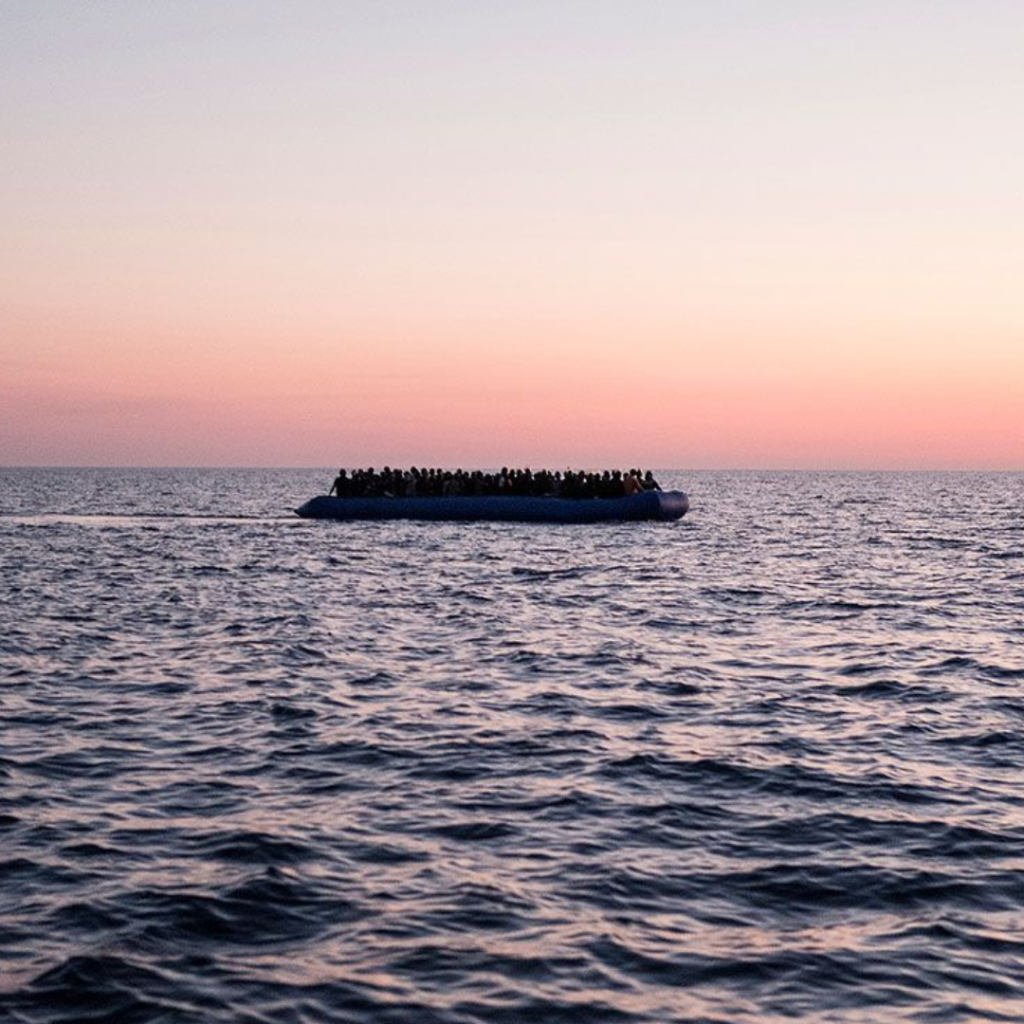The English Channel is one of the busiest shipping lanes in the world. Maritime traffic and strong currents make the journey particularly dangerous. In November last year, 27 people died while trying to cross the channel to Britain, with just two survivors. The French interior ministry has recorded 777 attempts to cross the Channel in the first half of 2022, and more than 20,000 people have tried to reach the UK this way. More than 2,000 people arrived in the UK between July 8 and July 18, which makes it the longest consecutive run of crossings to date in 2022. As crossings continue into the second half of the year, the UK government has continued on its path of tightened border controls, with the Rwanda scheme and UK Nationality and Borders bill taking full effect.
Rwanda Scheme
The Rwanda Scheme will see asylum seekers being sent to Rwanda for processing, with no chance of returning to the UK. This process will do nothing to address the reasons why people take dangerous routes to find safety in the UK, it will do little to deter people from arriving in the UK, and will lead to more human suffering, preventing people from rebuilding their lives. No-one risks their own life, of their families, unless they are running from realities more acutely dangerous than the dangers they are exposed to on their journeys. Notably, in the run up to new conservative leadership, no MP standing to become party leader has said they will repeal the controversial scheme, and in fact have encouraged its expansion to other countries too.
Sir Mo Farah recently announced that he himself had he was trafficked to Britain and forced into domestic servitude while he was extremely young, before being supported to leave with help from his school. By speaking out about his experience, and the years spent blocking out the trauma, Sir Mo has highlighted the realities faced by many who feel they don’t have a safe space to disclose their migration journey and the traumas they were exposed to. The UK Nationality and Borders act has effectively extended an environment of hostility for people who arrive through dangerous routes, exposing trafficking victims who need time and support to disclose their experiences, vulnerable to removal from the UK.
Expansion of Rwanda Scheme
While the Rwanda Scheme has faced immense criticism, the government has agreed a new deal with Nigeria that would see them work together to tackle the migration phenomenon and speed up the removal of foreign criminals. The Home Secretary also plans to use the Commonwealth Games in Birmingham as diplomatic starting point for discussions with potential partners for the Government’s flagship immigration policy through the Commonwealth. Meetings are set to take place with delegations from Botswana, Nigeria and The Gambia, as well as other Commonwealth states in Africa, according to Government sources, the developments will be monitored closely.
The need of #SafeAndLegalRoutes
MOAS keeps a close eye on developments in migration policy globally. It has been just over 100 days since the UK government announced the controversial Rwanda plan, and in that time more than 10,000 people have crossed the English Channel. As the Rwanda scheme takes shape and the full effects of the UK Nationality and Borders begin to be felt across the country, a Home Affairs Committee report has announced that the scheme “appears to have gone unnoticed” by those attempting to cross the English Channel and there is “no clear evidence” it will work, MPs have said. These policies, which are intended to act as ‘deterrents’ for people seeking safety and a new life, ultimately dehumanise migrants and will not prevent them from taking dangerous journeys.
Little attention or focus is given to providing better access to alternative, safer, pathways for people to access asylum in the UK, the UK global resettlement programme exists – but its visibility for those seeking sanctuary is minimal. Rather than implementing criminalising policies to act as a ‘deterrent,’ the government could better work with Civil society actors and Refugee Community Organisations to allow people with lived experience of migration to better inform policies, with a longer – term vision of inclusion and integration.
Currently, such routes are under-resourced and severely limited in their accessibility. We have also seen increasing use of pushbacks at EU borders and the continuation of detention in Libya, where human rights are violated. MOAS continues to advocate for alternative pathways of migration and to raise awareness on the importance and need for #SafeAndLegalRoutes for migration so that people don’t have to risk their lives to reach safety. We believe that every life is important, every identity is unique, and every statistic is a human being. Sensationalist news can bring about a general sense of fatigue as we feel unable to contribute in changing the story and outcomes, by joining our campaign, you can help MOAS tell a different kind of story – where every life is valued as we call for safe and legal routes.
If you are interested in the work of MOAS and our partners, please follow us on social media, sign up to our newsletter and share our content. You can also reach out to us any time via [email protected]. If you want to support our operations, please give what you can at www.moas.eu/donate.

